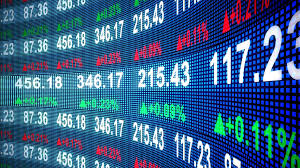In the Asset management industry, it is now common to see a potential stock or bonds’ ESG to be assessed alongside the typical financial metrics that are applied. This allows us the data to answer the question ‘How did ESG funds perform during the sell off?’
There has already been research from Morningstar is the US and from Citywire in the UK on this subject and I have just read an article by the fund manager Fidelity who use an ESG scoring system on over 2600 different companies, rating them from A to E (best to worst)
Results
There results showed that on a relative basis, those rated higher outperformed those rated lower. The performance differential on equities was a staggering 10% whilst on bonds it was measured by what is known as the ‘spread’ and this showed a differential of 300 basis points.
The S in ESG
As consumers, we are becoming more aware of where goods come from and the report expects that there will be greater emphasis on the ‘S’ in ESG. Social covers such topics as employee wellbeing. I noticed an article by the CEO of City Hive in the latest Investment week issuing the challenge to businesses ‘What will your company’s legacy be after the virus?’
There is a stark contrast in approach between a certain French luxury goods manufacturer who have been diverting resources to support efforts to flatten the curve and a well known UK pub chain who terminated the majority of their workforce with no wages.
It is encouraging to see companies who are taking their ESG seriously are seeing this rewarded in their share price. I hope this comes from a genuine desire to see social change. Are we making a difference? That’s the challenge to all of us with our own businesses, whatever size.
Our own investments?
But secondly, through our ISAs and Pension funds, shouldn’t we be ensuring our savings are being steered towards such companies?

